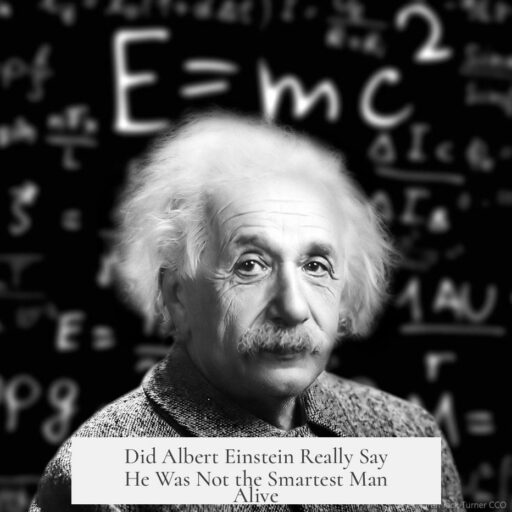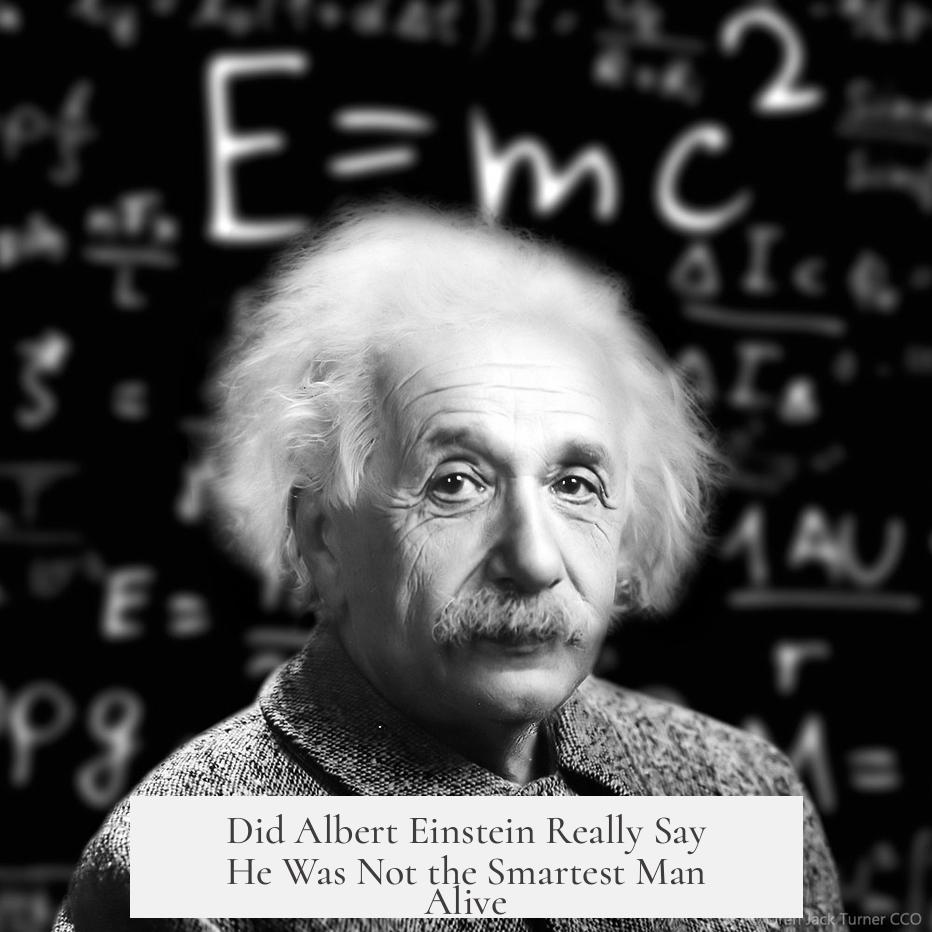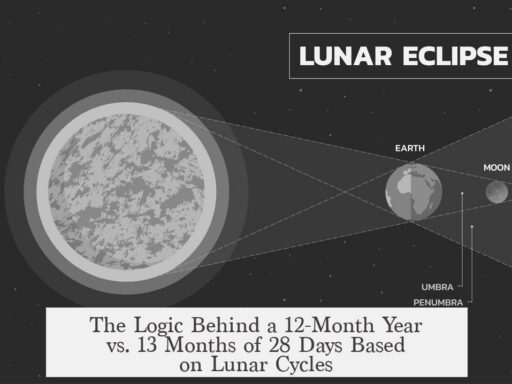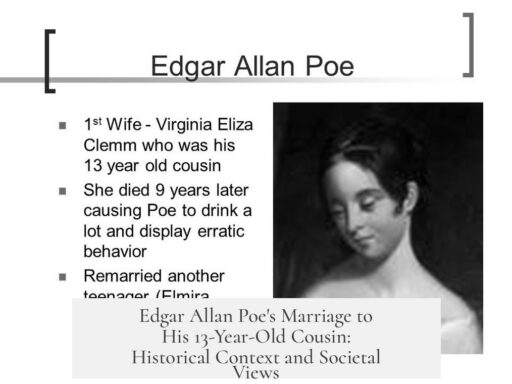The exchange attributed to Albert Einstein saying, “I don’t know, you’ll have to ask Nikola Tesla,” in response to being called the smartest man alive, is almost certainly fictional and never took place. There is no verified source or citation supporting this quote’s authenticity. Experts and historians have thoroughly checked records, books, and credible archives and found no evidence that Einstein ever made this statement.
Both Einstein and Tesla lived during overlapping periods but held sharply different views, especially about physics. Tesla publicly criticized Einstein’s theory of relativity several times in the 1930s. In 1934, Tesla called relativity “a beggar wrapped in purple,” accusing it of being full of errors and misleading people, according to a New York Times report from July 1935. Tesla dismissed the theory as deceptive and unproven, opposing even its mathematical foundations.
These public disagreements show that Tesla did not hold Einstein’s work in high regard, which makes any friendly exchange about intellectual peer recognition unlikely. When Tesla denounced relativity, and even claimed to observe phenomena contradicting special relativity, the tone was characterized by conflict, not mutual praise or humor.
The timeline also adds weight to why this quote is not plausible. Einstein’s fame surged after 1919 with his theory’s validation, and later after fleeing Germany in 1933. Tesla’s critiques came late in his life, mainly during the 1930s. There are no documented meetings or conversations that would support the quote’s scenario of a light-hearted or respectful exchange on such a question.
The quote seems to have surfaced only around 2012, gaining traction through popular internet sites and social media. Its style closely resembles a well-known urban legend pattern, where one celebrity attributes praise or self-assessment deflection to another unexpected person. For example, a similar joke exists involving Jimi Hendrix and Phil Keaggy, a Christian rock musician. This similarity suggests the Einstein-Tesla quote is likely an internet-generated meme rather than a historical fact.
Experts note no mention of this quote in any scholarly print, interviews, or biographies before the 2010s. It fits into the narrative of Tesla as an underappreciated genius who deserved more recognition than he historically received, a popular theme online especially on sites like Cracked and The Oatmeal. This narrative makes the quote an appealing but misleading piece of pop culture.
Additional cultural context hints at the quote’s possible origin in a Yugoslav joke tradition. Some sources indicate the line was told as a joke in Serbian, Croatian, or Bosnian language circles, where Tesla is revered almost mythically. It was probably a local humorous saying that migrated to the internet, evolving into a purported Einstein quote. It may have appeared first in satirical publications in the former Yugoslavia during the mid-20th century before becoming global on social platforms.
The characteristics of such jokes include playful irony and cultural pride, using Tesla as a symbol of supreme intelligence. This background explains why the quote “sounds even funnier” in the original South Slavic languages and why it is embraced by fans of Tesla’s legacy rather than historians.
| Aspect | Details |
|---|---|
| Quote Authenticity | No credible citation or historical record; likely false |
| Tesla’s Views on Einstein | Opposed relativity theory, called it erroneous and unproven |
| Timeline | Disagreement occurred mainly in 1930s; no recorded friendly exchanges |
| Origin of Quote | Internet urban legend with roots in Yugoslav jokes |
| First Appearances | Around 2012, popularized by online humor sites |
- The alleged Einstein-to-Tesla quote is a fabricated statement without historical basis.
- Tesla publicly rejected Einstein’s theories, which undermines the likelihood of a respectful exchange.
- The quote appears decades after both men’s deaths as an internet meme and cultural joke.
- Cultural pride in Tesla’s genius, especially in the Balkans, probably contributed to the joke’s creation and spread.
- Reliable sources caution against attributing unverified quotes to famous figures to respect historical accuracy.




